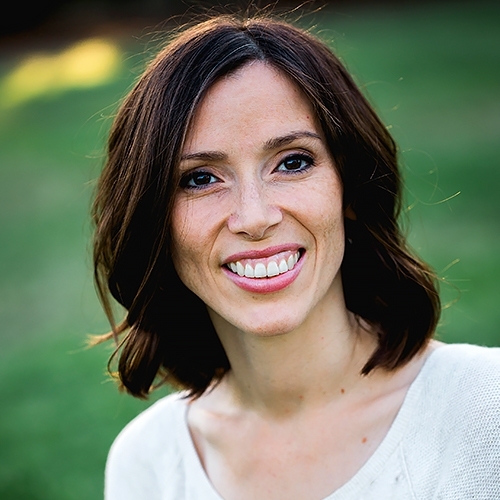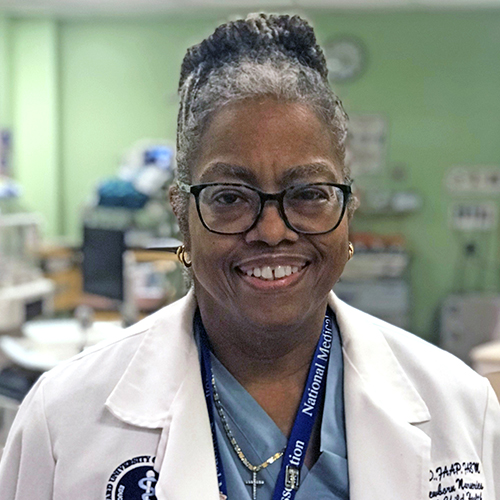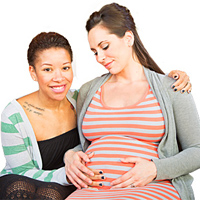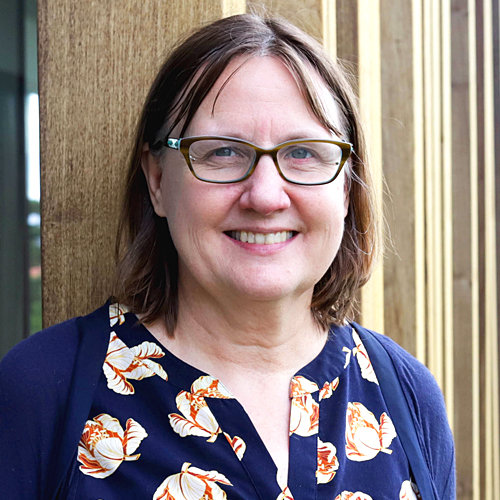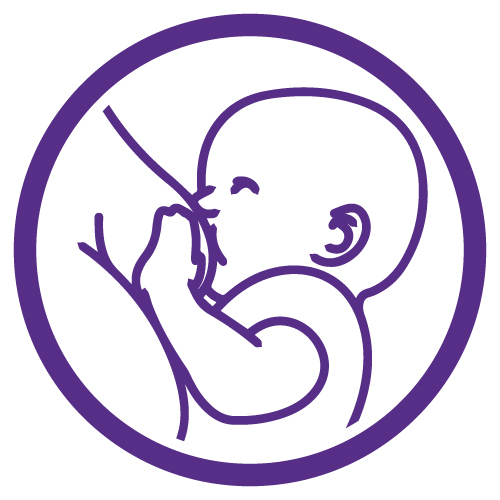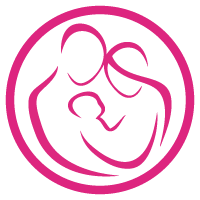 IBCLC Detailed Content Outline: Development and Nutrition / Infant Focused CERPs - Section I A
IBCLC Detailed Content Outline: Development and Nutrition / Infant Focused CERPs - Section I A
Access CERPs on Development and Nutrition / Infant for the IBCLC Detailed Content Outline recertification requirements. On-demand viewing of the latest Development and Nutrition / Infant focused IBCLC CERPs at your own pace.
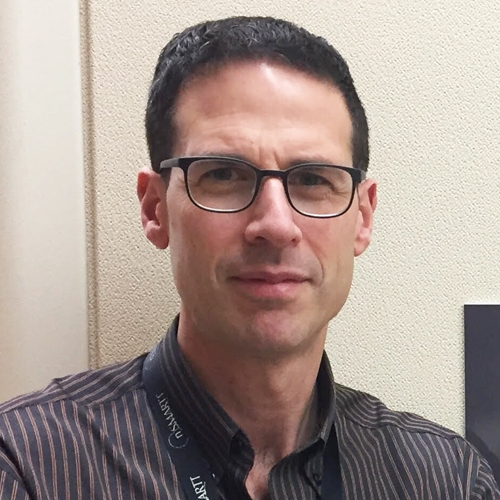

Dr. Narvey began his training in Pediatrics at the University of Manitoba in Winnipeg where he completed a year of further training in Neonatology. This was followed by two years of Neonatal fellowship at the University of Alberta in Edmonton. Afterwards he began his career as a Neonatologist in the same city and over the 6 years he spent there, his career included both clinical and administrative duties including 4 years as the Fellowship Program Director and two years as the Medical Director for a level II unit. In late 2010 he accepted a position in Winnipeg to become the Section Head of Neonatology and continues to hold this post. In 2016 he took on the additional role of Medical Director of the Child Health Transport Team. In 2015 he became a member of the Canadian Pediatric Society’s Fetus and Newborn Committee and in 2019 took over as Chair of the same. His interests predominantly lie in the use of non-invasive technology to minimize painful procedures during an infants stay in the NICU. He is active on social media and has a passion for fundraising and is an active board member of the Children’s Hospital Foundation of Manitoba.
Topic: Human Milk Diet and Fortification: Controversies and Evidence - [View Abstract]
Topic: Many Different Shades of Yellow - [View Abstract]
Topic: Respiratory Problems in the Newborn: Where Are We in 2022? - [View Abstract]
Topic: Sweet and Sour: Hypoglycemia in the Newborn - [View Abstract]
Research supporting the use of exclusive human milk diets will be reviewed. From there we will look at the evidence for improving both short and long term outcomes and then determine what other options exist and where we might be headed in neonatal nutrition.

View Details / Enroll
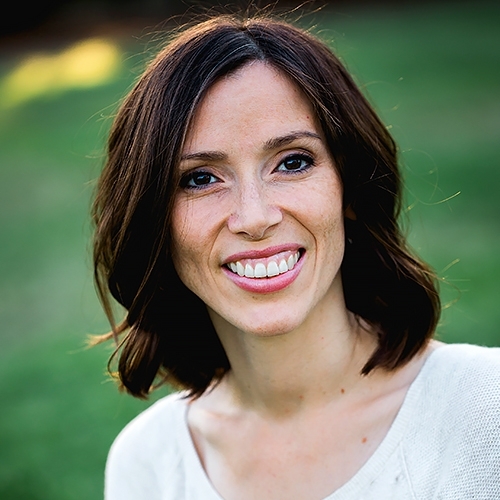

Dr. Jessie Young is a Pediatric Chiropractor near Olympia Washington who works closely with other healthcare professionals to provide comprehensive and collaborative care. She has specialized education in treating breastfeeding difficulties and is near completion of her IBCLC certification. As part of a family's health care team, Dr. Young helps resolve musculoskeletal issues causing breastfeeding difficulties including neck tension, TMJ dysfunction, torticollis, and painful latch. She also provides pre and post-frenotomy care for musculoskeletal issues contributing to tethered oral tissue. Providers, parents and patients rely on Dr. Young for her comprehensive diagnostic and treatment approaches, including modified chiropractic adjustments, myofascial release, therapeutic exercise, and craniosacral techniques. Dr. Young currently volunteers to promote literature contributions and advancement as the Research Chair for the American Chiropractic Association Council on Chiropractic Pediatrics.
Identifying musculoskeletal issues that can impact breastfeeding is an important component of proper management. When surveyed, IBCLCs reported that half were not comfortable identifying musculoskeletal issues .Referrals for musculoskeletal problems were thus hypothesized to be delayed as a result of this discomfort. It was recommended that lactation professionals could benefit from more specialized training in identifying musculoskeletal issues, as early intervention for breastfeeding difficulties is a critical determinant in success.
Attendees will be able to take away the skills and tools to better identify musculoskeletal problems, the indications for co-management/referral and the safety and effectiveness of manual therapy for suboptimal breastfeeding . Issues such as TMJ dysfunction, postural asymmetry, cranial asymmetry, myofascial and joint restrictions commonly cause suboptimal breastfeeding. Current literature supports the fact that favorable outcomes are probable when these issues are treated with manual therapy. Thus the timely identification, referral, and resolution of musculoskeletal issues is one factor that can contribute to the resolution of breastfeeding difficulties.

View Details / Enroll
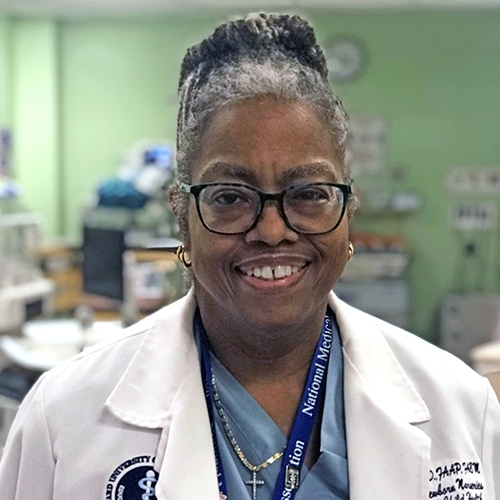

Michal A. Young, M.D., FAAP, FABM is currently an Associate Professor in the Department of Pediatrics and Child Health at Howard University College of Medicine. She also serves as the Medical Director of the B.L.E.S.S. (Breastfeeding Lactation Education Support Services) Initiative as well as Director of the NICU and Newborn Services, at Howard University Hospital. She is a graduate of Howard University College of Medicine, Class of 1979. Dr. Young completed a rotating internship in Medicine and Pediatrics at Grady Memorial and Emory Hospitals in Atlanta, Georgia, followed by a Pediatric residency in the Howard University Hospital/D.C. General Hospital Combined Program, and a fellowship in Neonatal-Perinatal Medicine at Georgetown University Hospital.
Dr. Young has several publications and presentations over a range of topics governing infant care. Her research interests are in developmental outcomes of the ELBW, HIV perinatal transmission, the Diabetic Dyad and in breastfeeding education for professionals and parents.
She is a member of Alpha Omega Alpha, a fellow of the American Academy of Pediatrics (sections on Perinatal Medicine and Breastfeeding), a Fellow and member of the Board of Directors of the Academy of Breastfeeding Medicine (Chairman of its Protocol Committee), member of the National Medical Association (a Past Chair of its Pediatric Section), Member of the Board of Directors for the D.C. Breastfeeding Coalition, Member of the Board of Directors for ROSE: Reaching Our Sisters Everywhere, Inc., one of the Chapter Breastfeeding Coordinators for the D.C. Chapter of the American Academy of Pediatrics and Board Member of the Prolacta Bioscience Foundation.
Human milk provides multiple layers of immune protection to the newborn by providing bioactive components that protect the infant from pathogenic infection, facilitate immune development and establish a healthy gut microbiome. This presentation will review the cellular and humoral components of human milk that help provide this protection. Additionally, the nutritional components of human milk that also contribute to its immune impact will be briefly explored. The long-term protective effect of breast milk on adult illnesses and disease and its presumed role will be discussed. Lastly the impact milk storage, milk banking practices and use of donor milk as mechanisms to provide immune support to the newborn will be considered. An interactive power point presentation will be used to deliver this important topic.

View Details / Enroll


Dr. Caraciolo Fernandes is an academic neonatologist whose clinical experience and training spans three different countries/continents and over three decades. He received his medical degree from Grant Medical College in India, and did Fellowships at King Edward Memorial Hospital, Australia and Baylor College of Medicine, USA before joining the faculty at the Texas Children's Hospital and Baylor in 1998. He recently acquired a Master of Business Administration from the University of Tennessee in 2018.
A clinician-educator and practicing neonatologist, he is actively involved in teaching Baylor College of Medicine medical students, pediatric residents and neonatology fellows. At Texas Children's Hospital, he has served as the Medical Director for Neonatal Transport since 2008, and is involved in multi-disciplinary clinical research, and quality improvement initiatives. He also is a QI Coach at Baylor College of Medicine Institute for Continuing Professional Development in Quality Improvement and Patient Safety.
Nationally, he is a past member of Executive Committee of the Section of Transport Medicine of the American Academy of Pediatrics, and an editor of the inaugural edition of the Field Guide for Air and Ground Transport of Neonatal and Pediatric Patients that was introduced at the AAP National conference in Orlando, FL in November 2018. He is a senior editor of "Guidelines for the Acute Care of the Neonate," currently in its 28th annual revision, a handbook that has served as a resource for health-caregivers at Baylor-affiliated institutions for over two decades, and, currently via free online download, for practitioners in over 50 countries.
Premature and sick babies are often born in locations ill-equipped to care for them. They are then transported to higher levels of care for sophisticated diagnostic tests and specialized care. However, while such transport is necessary, it is not without risk. Since critically-ill infants can deteriorate clinically during transport, ideally only specialized teams should transport sick infants. Unfortunately, this is not pragmatically possible nor is the standard of care. With regionalization of care, more infants are transferred to tertiary-care centers for specialized care than ever before and not all centers have specialized transport teams to transport infants. Despite best efforts, not all transports will go well, and often processes and outcomes may leave much to be desired. Hence, it is vital for hospital administrators and clinicians to learn quality improvement (QI) methodology, monitor relevant metrics, and implement QI initiatives to order to improve outcomes. Fortunately, developing a QI mindset and applying it to neonatal transport can easily be done with practice. Learning how to prioritize QI initiatives, assemble QI teams, lead healthcare change, sustain improvements, and develop a culture that strives to improve are all desirable and can yield significant tangible benefits for clinicians and their patients.
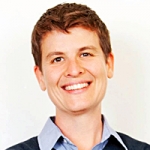

Kristin Kali, LM CPM is a midwife, teacher, writer, speaker, trainer and consultant specializing in LGBTQ family building and gender inclusivity. Kristin is a warm and engaging presence, delivering professionalism and expertise with a down-to-earth, personable style. Kristin is an authoritative resource on LGBTQ healthcare during conception and pregnancy, functional approaches to fertility, and midwifery model preconception care.
Kristin is the owner of MAIA Midwifery and Fertility Services, internationally renowned for LGBTQ family building expertise. In addition to providing preconception care via telemedicine to families across the globe, Kristin provides midwifery care, home insemination, classes and support groups in Seattle, WA. You can read more about MAIA services, download webinars, access professional training, and purchase fertility related products at MAIA Midwifery & Fertility.
Topic: Providing Preconception and Prenatal Care For lgbtq2s Families - [View Abstract]
Childbirth educators are often challenged to find ways to meet the needs of LGBTQ families in the classroom. This presentation offers an in-depth understanding of what is required to truly hold space for LGBTQ families. Concepts of sexual orientation and gender identity are explained in relation to the transformative experience of becoming a parent. A detailed outline is provided for protecting LGBTQ families against marginalization in the classroom, from advertising and communication with class participants to course materials and the physical classroom space. An exploration of gender inclusive language is included, so that childbirth educators can uniformly discuss pregnancy, birth and infant feeding in ways that are inclusive of new parents of all genders, orientations and family structures. For those who wish to teach specialized classes for LGBTQ families, additional aspects that arise in an exclusive space will be presented.


Maureen Minchin is a medical historian whose 1970s experience of motherhood resulted in her second book, Food for Thought: a parent’s guide to food intolerance, recognized as ground breaking in its treatment of infant allergy. Her third book, Breastfeeding Matters, was declared a “milestone in the history of breastfeeding” by Prof JD Baum. For 35 years she has worked extensively in the area of infant nutrition, including for WHO, and UNICEF, and teaching health professionals in Australia and overseas. She was influential in the creation of IBLCE and BFHI, and a founding (and later Board) member of both ILCA and ALCA. Maureen has continued to work free of charge with families with both infant feeding and allergy problems. After a decade in eldercare, Maureen is getting back to writing, recently helping with the online infant feeding courses being developed by the UK’s University of York and the National HS-sponsored e-learning for health project. Her latest book, Milk Matters: Infant Feeding and Immune Disorder was published in 2015.
This presentation outlines a new understanding of why early infant feeding matters, generated by recent research into the microbiome and epigenetics as well as clinical and personal experience over decades. It focuses on allergy as an bilateral legacy which compounds through generations. Emphasis is on presenting symptoms and management in the breastfeeding family, although some infant formula issues are considered.. Maternal diet in pregnancy and lactation, and the effects of allergy on families, are all discussed.
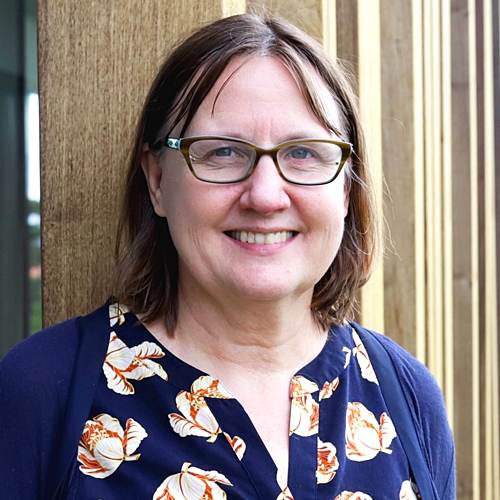

Ruth Lucas, PhD, RNC, CLS, received her Bachelor of Science in Nursing from George Mason University (1986) and her Doctor of Philosophy of Science (2011) from the University of Illinois at Chicago. Based on 20 years of supporting women and infants to initiate breastfeeding, her research focuses on the biobehavioral mechanisms of breastfeeding, such as breast and nipple pain. Dr. Lucas and her team conducted a pilot randomized control trial (RCT) as part of the Center for Accelerating Precision Pain Self- Management (CAPPS-M) (P20NR016605). The pilot RCT tested the feasibility, acceptability, and efficacy of a breastfeeding self-management (BSM) intervention for breast and nipple pain during breastfeeding and found the BSM intervention significantly reduced breast and nipple pain and is associated with pain sensitivity polymorphisms. Her published work describes management of pain during breastfeeding, a clinical indictor of infant breastfeeding behaviors, and a biomedical device to measure breastfeeding in real time.
Topic: Promoting Self-Management of Breast and Nipple Pain for Women During Breastfeeding - [View Abstract]
Infant feeding behavior is a complex neurodevelopment behavior. Infant feeding is compressed of infants’ latch and SuPPRT (sucking pressure pattern regulated over time) in both bottle and breastfeeding sessions. In preterm bottle feeding infants, the regulation of these two components is a measure of neurodevelopment. However, infants’ latch and SuPPRT in breastfeeding has not been explored. Dr. Lucas will review infants’ latch and SuPPRT during bottle and breastfeeding and explore how these differences make breastfeeding a more sensitive newborn neurodevelopmental measure. Finally, Dr. Lucas will propose why we should consider differences in infant latch and SuPPRT to be a neurodevelopmental infant measure.

View Details / Enroll

Infant Oral Assessment: Exploring Anatomy and Function Beyond the Frenulum

Melissa Cole, MS, IBCLC, RLC is a board certified lactation consultant, neonatal oral-motor assessment professional, and clinical herbalist in private practice. Melissa has been passionate about providing comprehensive, holistic lactation support and improving the level of clinical lactation skills for health professionals. She enjoys teaching, researching and writing about wellness and lactation-related topics. Melissa holds a bachelor of science degree in maternal child health and lactation consulting and her master’s work is in therapeutic, clinical herbalism. Melissa actively conducts research and collaborates with several lactation and health care professional associations. Before pursuing her current path, Melissa’s background was in education and cultural arts, which has served her well in her work as a lactation consultant and healthcare educator. She loves living, working and playing in the beautiful Pacific Northwest with her 3 children.
Topic: Beyond Fenugreek: An Individualized Approach to Dietary and Herbal Galactagogues - [View Abstract]
Topic: Beyond the Basics of Latch: Support Strategies for Helping Babies when the Basics Aren’t Enough - [View Abstract]
Topic: Common Infant Digestive Health Concerns and Useful Support Strategies - [View Abstract]
Topic: Connection and Care: Virtual Support for Tongue-Tied Infants - [View Abstract]
Topic: Feeding is Movement: Activities for Supporting Optimal Infant Oral Function - [View Abstract]
Topic: Infant Gut Health: Common Concerns and Useful Support Strategies - [View Abstract]
Topic: Infant Oral Assessment: Exploring Anatomy and Function Beyond the Frenulum - [View Abstract]
Topic: Low Milk Production Detective Work: Assessment and Care Plan Considerations - [View Abstract]
Topic: Nature’s Nurturers: Plant Medicine for Perinatal Mental Health - [View Abstract]
Topic: New Thoughts on Infant Pre and Post-Frenotomy Care - [View Abstract]
Topic: Placenta Medicine as a Galactogogue: Tradition or Trend? - [View Abstract]
Topic: Thinking Critically About the Use of Clinical Lactation Tools - [View Abstract]
Topic: Will It Hurt? Frenotomy Aftercare Strategies to Optimize Healing Outcomes for the Newborn - [View Abstract]
Is it a tongue tie? What else could be going on? Having a deeper understanding of the orofacial complex and functional oral motor patterns can help take your assessment techniques to the next level. Curious about jaws, tongues, palates, oral tone, suck patterns, and more? This presentation will focus on understanding the finer details and the bigger picture when it comes to infant oral assessment.
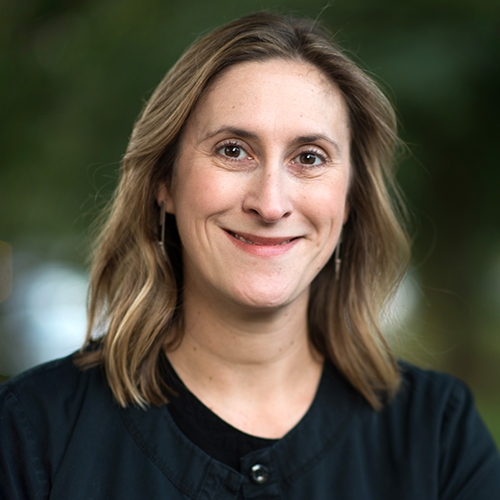
View Details / Enroll
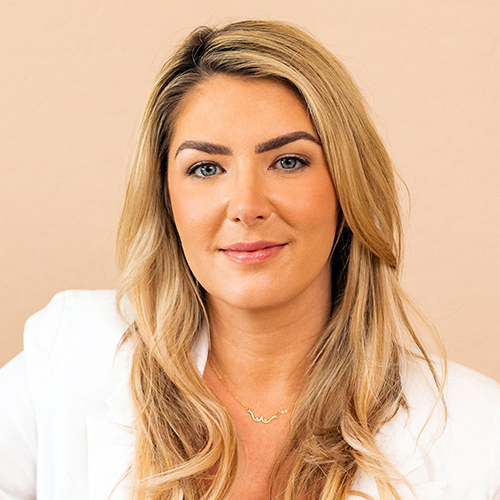

Jacqueline Kincer is the founder of Holistic Lactation where she runs a busy practice, manufacturers herbal supplements for lactation, and supports breastfeeding families worldwide. She's also the host of the podcast Breastfeeding Talk: Milk. Mindset. Motherhood. and creator of the online breastfeeding community, The Nurture Collective. Jacqueline's passion has been to create functional breastfeeding outcomes and expand access to lactation knowledge across the globe.
Topic: Inside the Infant Mouth: Oral Assessment & Function - [View Abstract]
Topic: Tongue Tied Untied: Creating Functional Breastfeeding Outcomes - [View Abstract]
In order to identify sucking dysfunction, it's important to first know what normal looks like. Being able to do a thorough oral assessment of an infant is a crucial skill for IBCLCs. The focus of this presentation is to discuss what to look for when performing an oral exam, as well as how to assess oral motor function as it relates to infant sucking skills. Knowing how the anatomy affects an infant's oral-motor skills is crucial to determining the cause of breast/chestfeeding problems and suggesting proper treatment.
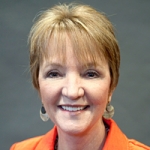
Interdisciplinary Neuroprotective Practice Standards and Perinatal Mental Health in the NICU

Dr. Craig lives in metro Atlanta, GA., is an Associate Professor and the Department Chair of Brenau University’s School of Occupational Therapy program. She has been practicing for 35 years, received her degree in OT at the Medical College of Georgia, her MBA from the University of Alaska-Fairbanks, and her PhD in Infant and Childhood Disorders with emphasis in Mental Health and Developmental Disabilities from Fielding Graduate University. Jenene currently serves as the Director of Education for National Association of Neonatal Therapists (NANT). She is also on the executive committee of the Board of Directors for the National Perinatal Association. In addition to consulting with several local NICUs, Jenene works PRN at a regional Level III NICU. She serves as a national speaker for the care of premature infants and families embattled in the stressful environment of the NICU. Jenene’s personal passion is to support multidisciplinary work in the NICU with a focus on parent-infant outcomes.
Hospitalization of a baby in a Neonatal Intensive Care Unit (NICU) has been described as a traumatic experience for both parents and baby leading to higher rates of postpartum depression and posttraumatic stress disorder in parents and to adverse developmental, cognitive and behavioral outcomes in their infants. The focus of care in the NICU has been broadening and evolving to emphasize the importance of supporting the family-infant relationship, since ultimately, the well-being of the family affects the well-being of the baby. Research documents that NICU parents both desire and benefit from psychosocial support from NICU staff, yet many staff, including neonatologists and neonatal nurses, do not feel they have adequate skills to support these needs. NICU staff need knowledge and tools beyond what typical healthcare education provides. Interdisciplinary recommendations for work toward best practice around psychosocial support of infants/parents and staff are presented.




